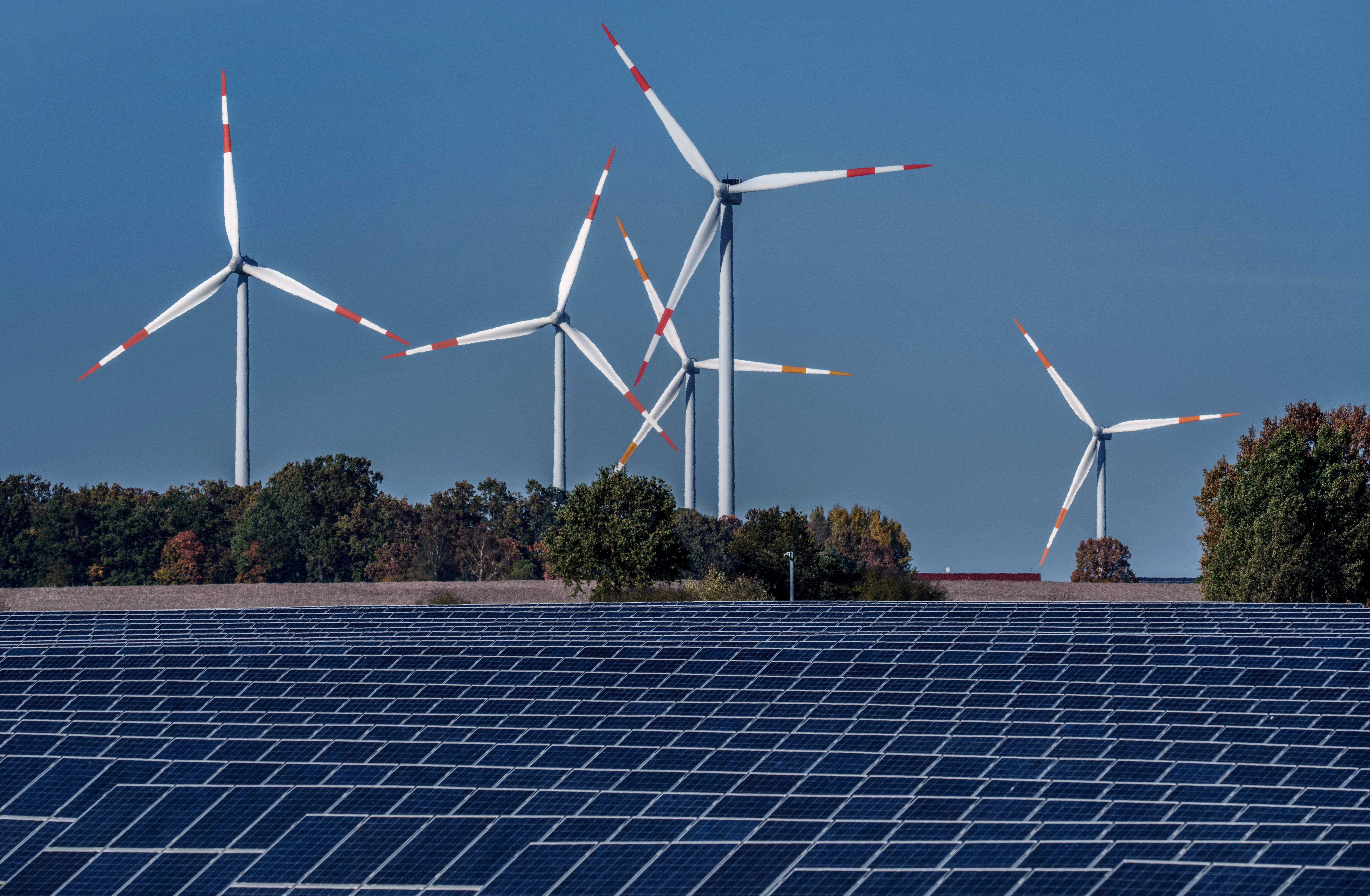Key report to outline how the world can reduce the rate of climate change
The UN climate assessment is expected to focus on how the world can limit global heating to under 1.5 C as outlined in the 2015 Paris Agreement

Your support helps us to tell the story
From reproductive rights to climate change to Big Tech, The Independent is on the ground when the story is developing. Whether it's investigating the financials of Elon Musk's pro-Trump PAC or producing our latest documentary, 'The A Word', which shines a light on the American women fighting for reproductive rights, we know how important it is to parse out the facts from the messaging.
At such a critical moment in US history, we need reporters on the ground. Your donation allows us to keep sending journalists to speak to both sides of the story.
The Independent is trusted by Americans across the entire political spectrum. And unlike many other quality news outlets, we choose not to lock Americans out of our reporting and analysis with paywalls. We believe quality journalism should be available to everyone, paid for by those who can afford it.
Your support makes all the difference.A landmark United Nations climate assessment on how the world can reduce the rate of climate change is due to be published later today after negotiations between scientists and governments overran the deadline.
The latest chapter of the United Nations’ Intergovernmental Panel on Climate Change report is set to focus on how the world can limit global heating to under 1.5 C as outlined in the 2015 Paris Agreement.
It is expected to assess methods for reducing greenhouse gas emissions that come from sectors and activities ranging from energy, to agriculture and transport, as well as methods to remove greenhouse gases from the atmosphere. It will address issues such as technical feasibility, cost and governance options.
The clock is ticking. The planet has already warmed around 1.1C since pre-industrial times, unleashing extreme weather around the world, and scientists have warned that if the world wants to keep to the 1.5C temperature limit it will need to significantly reduce planet-heating emissions.
The climate crisis is largely driven by greenhouse gas emissions from burning fossil fuels, and scientists have called for a drawdown in their use to prevent even more harmful impacts from climate change in the future.
But this has reportedly become an area of disagreement in the negotiations, with the publication of the chapter postponed after talks, which were supposed to end Friday, spilled into the weekend.
The Associated Press reported Sunday that oil-producing Saudi Arabia was among countries arguing that fossil fuels will still be needed for decades and phasing them out too quickly could hurt the world’s poorest.
Several observers also said that among the reasons for the delay was an insistence from developing countries that their right to development should be recognized, The AP reported.
India was among those pushing for recognition in the chapter that developing countries have contributed a far smaller share of the carbon dioxide emissions already in the atmosphere than industrialised nations and therefore should not need to make the same steep reductions in emissions, it said.
The Independent has not verified the reported reasons behind the delay in publication.
The negotiations between governments and scientists are over the summary for policymakers. This document, published alongside the science report, will serve as a foundation for further intergovernmental talks on the climate crisis, including at Cop27, the climate summit due to be held in Sharm el-Sheikh, Egypt, this November.
The talks began on 21 March, with delegates pouring over the document line-by-line. Professor Jean-Pascal van Ypersele, an IPCC vice chair, said it had been the longest approval process in the 34-year history of the IPCC.
The chapter due to be published Monday is the third chapter of the IPCC’s sixth assessment report. In August, the first chapter dealt with the causes of climate change. It found that there was no doubt that climate change witnessed in recent years is caused by humans and is intensifying.
The second chapter published earlier this year looked at impacts of the climate crisis and found that half the planet is highly vulnerable. It said the world has “a brief and rapidly closing window of opportunity to secure a liveable and sustainable future for all.”
Join our commenting forum
Join thought-provoking conversations, follow other Independent readers and see their replies
Comments